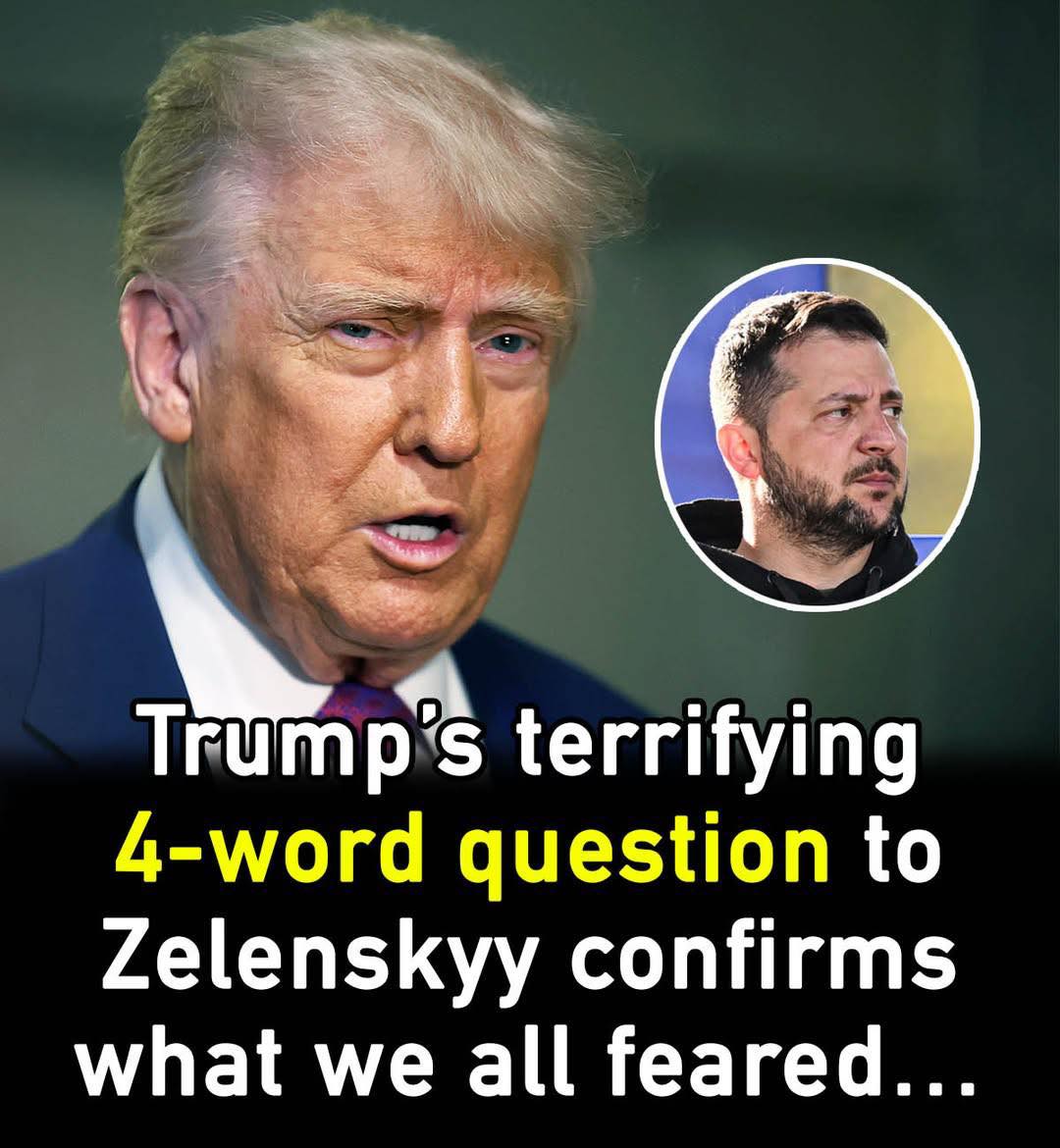In parallel, Trump authorized a fresh round of NATO-backed weapons shipments to Ukraine. Notably, the financial burden would fall on European allies rather than the United States, enabling military support for Kyiv without increasing American expenditures.
One of the most startling developments was a reported July 4 phone call between Trump and Ukrainian President Volodymyr Zelenskyy. During the conversation, Trump allegedly asked, “Can you hit Moscow? St. Petersburg?” According to sources, Zelenskyy replied, “Absolutely, if you give us the weapons.” Trump later clarified that he was not advocating for strikes on major Russian cities, but the exchange marked a clear break from his earlier reluctance to engage directly in the conflict.
This new phase of Trump’s foreign policy represents a dramatic recalibration. His administration now appears more willing to apply both military and economic pressure to confront Russian aggression—without committing U.S. troops or escalating direct involvement.
Supporters see the shift as a bold, strategic move aimed at restoring American influence abroad while managing costs. Critics, however, worry that it increases the risk of escalation and could entangle the U.S. in deeper international tensions.
As Trump reshapes his approach to global leadership, the world is watching closely. Whether this marks a lasting transformation or a tactical adjustment remains to be seen—but the impact on Eastern Europe and future U.S. alliances could be profound.

